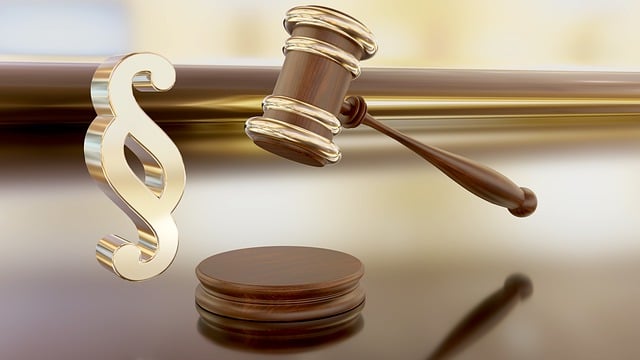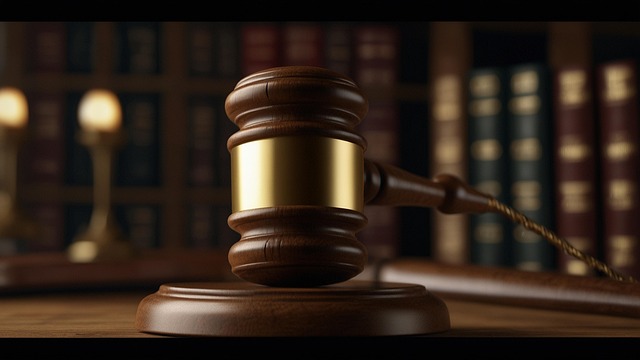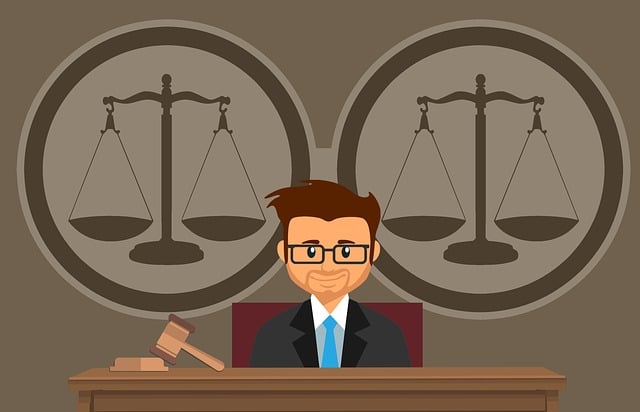Criminal law cases stemming from partnership disagreements demand specialized Legal Advice for Partnership Disagreements due to varying jurisdiction laws and complex natures. Skilled attorneys interpret statutes, precedents, and rights, guiding clients through trials, hearings, and the entire process. Early legal intervention manages emotional strain, offers tailored strategies (mediation to litigation), and protects rights. In high-stakes cases like white-collar defense, specialized counsel navigates intricate laws, ensuring due process and protecting accused's rights. Effective communication builds trust, informs strategic decisions, and mitigates risks in these complex matters.
Delve into the complex world of criminal law cases, where understanding the legal frameworks is paramount. This article offers a comprehensive overview, guiding readers through the intricate aspects of these disputes. From exploring key considerations in partnership disagreements—where effective communication and strategic legal advice are essential—to uncovering vital legal rights, it provides valuable insights.
Whether you’re seeking to navigate complex issues or simply want to enhance your knowledge, this piece promises an enlightening journey into the heart of criminal law.
- Understanding Criminal Law Cases: An Overview of Legal Frameworks
- Partnership Disagreements: Navigating Legal Advice and Resolution Strategies
- Key Legal Considerations in Criminal Law Disputes
- Effective Communication for Positive Outcomes in Legal Matters
Understanding Criminal Law Cases: An Overview of Legal Frameworks

Criminal law cases are governed by a complex web of legal frameworks that vary across jurisdictions. Understanding these frameworks is crucial for both prosecutors and defendants, especially when navigating high-stakes partnership disagreements. Legal advice for partnership disputes often involves interpreting laws related to crimes, punishments, and procedural steps, ensuring that all stages of the investigative and enforcement process are followed rigorously.
The complexity of criminal law cases demands a deep understanding of not only the facts of the case but also the applicable statutes and precedents. For his clients, this means seeking expert legal counsel who can guide them through jury trials, pre-trial hearings, and all stages of the process, ensuring their rights are protected and that justice is served.
Partnership Disagreements: Navigating Legal Advice and Resolution Strategies

Partnership disagreements can be complex and emotionally charged, making it crucial to seek Legal Advice for Partnership Disagreements. As these conflicts often involve sensitive business matters and personal relationships, navigating them without professional guidance can lead to adverse outcomes. Legal experts with experience in partnership disputes are well-equipped to offer tailored strategies that consider the unique circumstances of each case. They can provide insights into potential legal remedies, from mediation and arbitration to more formal litigation.
Early intervention is key in resolving such disagreements. For his clients, a proactive approach involving legal counsel can help prevent escalating tensions and potentially achieve a complete dismissal of all charges. Across the country, numerous successful resolutions have been achieved through strategic negotiations and innovative dispute resolution techniques. Engaging with a qualified attorney early on ensures that your rights are protected and that you have a comprehensive understanding of the legal landscape surrounding your partnership disagreement.
Key Legal Considerations in Criminal Law Disputes

In criminal law disputes, several key legal considerations come into play, especially when navigating complex cases such as white-collar defense. Seeking specialized legal advice for partnership disagreements is crucial given the intricate nature of these matters. Understanding the rights and responsibilities of all parties involved is essential throughout every stage of the investigative and enforcement process.
Attorneys specializing in criminal law must be adept at interpreting laws, regulations, and evidence to build a robust defense strategy. They guide clients through pre-trial motions, jury trials (if applicable), and negotiations with prosecutors. Additionally, they ensure that due process is followed, protecting the rights of the accused while upholding the integrity of the legal system.
Effective Communication for Positive Outcomes in Legal Matters

Effective communication is a cornerstone for positive outcomes in legal matters, especially when it comes to criminal law cases involving complex issues such as partnership disagreements. In these situations, clear and concise exchanges between attorneys and clients are vital. Legal advice tailored to each client’s unique circumstances ensures that all aspects of their respective business—from contracts to financial records—are thoroughly understood and considered during the investigation and enforcement process, which includes all stages from initial consultation to trial.
Attorneys play a crucial role in translating legal jargon into comprehensible terms for clients, fostering an environment where every stakeholder can actively participate. This two-way communication aids in building trust and ensuring that strategic decisions are well-informed. Moreover, when addressing high-stakes issues like white-collar and economic crimes, effective communication helps to mitigate risks and navigate the complexities of the respective business, ultimately enhancing the chances of a favorable outcome.
In navigating complex criminal law cases, understanding the legal frameworks and seeking expert legal advice for partnership disagreements are pivotal. This article has provided an overview of these aspects, highlighting effective communication strategies and key considerations in disputes. By embracing informed decision-making and professional guidance, individuals can navigate challenging situations with greater confidence and work towards positive outcomes.






